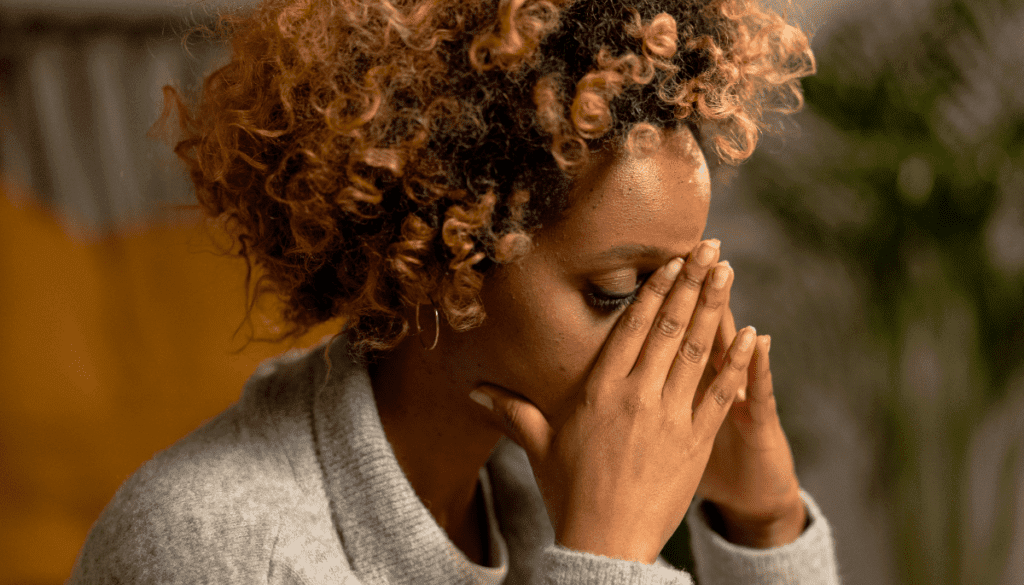Depression and Cancer
A cancer diagnosis is a life-changing event, bringing with it a great deal of uncertainty and many different emotions like anger, frustration, fear, anxiety, and sadness. For some patients, that sadness can become a more serious issue; approximately one-quarter of cancer patients become depressed during or after treatment.
There are many ups and downs during cancer treatment. It’s completely normal to have strong feelings of sadness after your diagnosis or during your treatment.
How do I know if I’m depressed?
Depression is not a condition that you can just shake off. This is very often difficult for people around you to understand. Unless someone has been depressed themselves, it is almost impossible for them to understand how it feels. Depression is a medical illness, like having a broken leg or a heart condition. It needs treatment.
Some ways to recognize depression are:
- Prolonged sadness – It is common for cancer patients to experience sadness, but if you feel intense sadness for multiple days at a time, you may be suffering from depression and should seek medical help.
- Feelings get in the way of functioning – When you are depressed, intense sadness or hopelessness can prevent you from seeing friends and family, and from functioning on your own.
- Loss of interest – If you are suffering from depression, you may lose interest in activities that previously brought you pleasure or happiness. You may also be less inclined to participate in social activities.
- Disrupted sleep, hygiene, and eating schedules – Depression can cause sleep problems, such as insomnia, and may also affect your appetite and how well you take care of your hygiene.
If feelings of depression are severe or get in the way of how you function, and these feelings last more than a few days, then it is important to seek help. At CMC Cancer Care, our social worker can connect our patients to a variety of resources, including ways to help them cope with the emotions and feelings they have to navigate along the way.
Are certain patients more at risk for depression than others?
While depression can happen to anyone, women, younger patients, and patients who live alone tend to be more at risk. Chronic pain, pre-existing anxiety, depression, or substance abuse can also increase the risk for depression.
Risks for depression
It has been found that people with cancer are more likely to develop depression if they have:
- History, or family history of depression or anxiety
- Lack of support from family and friends
- Financial difficulties
- Uncontrolled symptoms, especially pain
- Particular types of cancer, for instance, those affecting the brain
Cancer patients are at risk of experiencing physical health changes like anemia, or changes in hormonal functioning that can contribute to symptoms of depression. Certain medications also have side effects that can contribute to depression. It’s important to communicate with your doctor or care team about any feelings of depression and any medications you are taking in addition to your cancer treatment.
Tips for managing depression during cancer
If you feel you’re depressed, there are steps you can personally take to help minimize your symptoms. For example, you can practice meditation, prayer, deep breathing, and relaxation exercises. Getting physical activity can help as well. If your symptoms persist or worsen, your doctor may prescribe treatment using antidepressant medication.
Also, consider counseling and other supportive options. It can be useful to talk to others about what’s on your mind so you’re not alone with your thoughts and worries. You may also want to talk with a mental health professional such as a counselor or a therapist about ways to manage your depression. And don’t forget that there are a variety of support groups including the All Cancers Support Group at CMC where you may find it helpful to meet with other patients, medical professionals, and spiritual advisors about what you are experiencing.
What’s important to remember is that you don’t have to suffer from cancer-related depression. If you’re feeling down, or having difficulty coping with treatment, you should ask for help.
Compassionate cancer care when you need it most
At CMC Cancer Center, you don’t have to face your diagnosis alone. We see the journey you’re on and find a way forward together. We surround you with the brightest cancer experts and compassionate cancer navigators who provide individual support and help coordinate every step of your care. Let us know what’s on your mind and what you need and we will find the resources and the right people for you to talk with.




